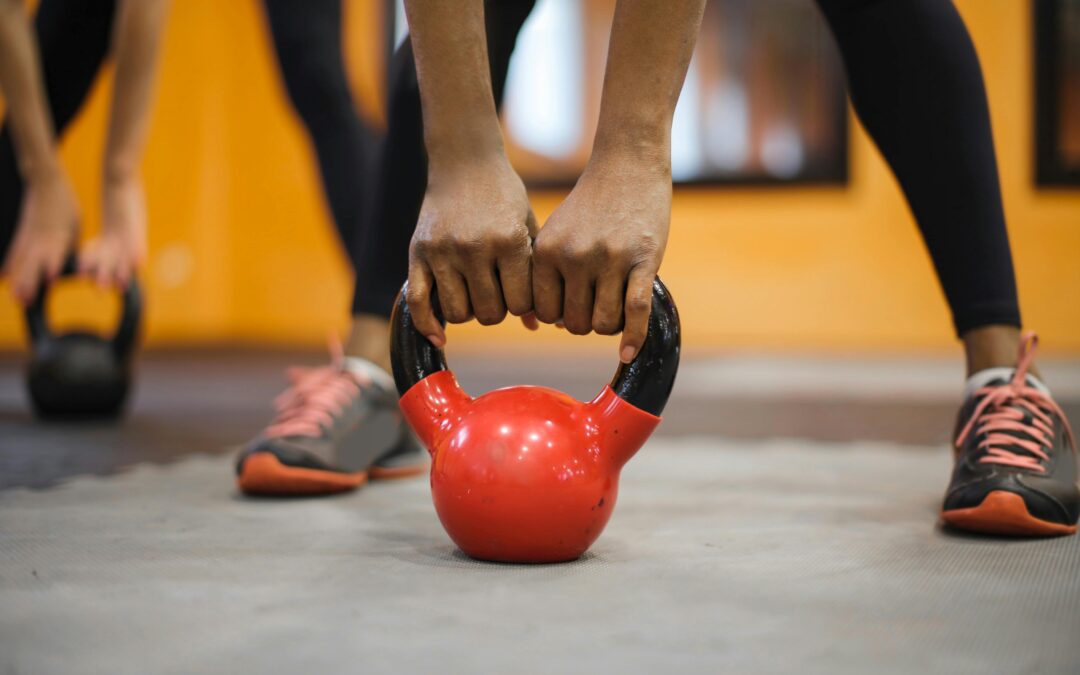Written by our Nurse Practitioner, Jen Owen, N.P.
About 6 months ago, I started attending High-Intensity Interval Training (HIIT) classes three mornings per week. I roll myself out of bed and get there at 6:30am. I started doing this for a few reasons. First, while I’ve always been good at getting cardiovascular exercise and doing yoga regularly, I knew I needed to increase my strength. I want to stay strong into old age and have strong bones. Second, I had heard about all the benefits of combining strength with cardio and wanted to see for myself. Last, I go at 6:30am because I’m terrible at exercising after work and I like knowing I’m done before I head into my work day. And, I’m more of a morning person anyway.
This blog will hopefully explain why you might want to try these types of workouts, too!
Strength and cardio training have long been known for their physical benefits, but did you know they’re also key to staying younger longer?
High-Intensity Interval Training (HIIT), bootcamp workouts, and traditional strength training are all the rage in fitness—and for good reason. Let’s explore the science-backed benefits, how often you should train, and whether these methods can help you age gracefully.
The Benefits of Strength and Cardio Training
When it comes to improving overall health and longevity, combining cardio and strength training is a winning formula.
Here’s why:
1. Cardiovascular Health: Cardio workouts, especially HIIT, are proven to lower blood pressure and improve heart health. Studies show that even short bursts of intense cardio can significantly enhance cardiovascular function
2. Muscle and Bone Strength: Strength training is essential for maintaining muscle mass and bone density, especially as we age. Regular resistance exercises help reduce the risk of osteoporosis and frailty.
3. Metabolic Boost: HIIT has been shown to improve insulin sensitivity and increase metabolism, making it a great tool for preventing metabolic disorders like type 2 diabetes.
4. Mental Health: Regular exercise, whether cardio or strength-based, has been shown to reduce symptoms of anxiety and depression by releasing feel-good endorphins.
How Often Should You Train?
For general health and longevity, a combination of cardio and strength training is recommended. The American Heart Association suggests at least 150 minutes of moderate-intensity cardio (or 75 minutes of vigorous cardio like HIIT) per week, along with two or more strength-training sessions.
If you’re looking to maximize benefits, incorporating HIIT two to three times a week is a great way to improve both endurance and metabolic health.
Can It Help You Stay Young Longer?
The answer is yes! Research has shown that exercise, especially HIIT, can have anti-aging effects at the cellular level. A 2017 study found that HIIT improved the function of mitochondria, the powerhouses of our cells. This suggests that regular exercise could slow down the aging process by enhancing cellular repair and regeneration.
Beyond cellular health, exercise also reduces the risk of age-related diseases like heart disease, diabetes, and dementia, helping you maintain not just physical vitality, but cognitive function as well.
Conclusion
Strength and cardio training offer a wealth of long-term benefits. From boosting your heart health to improving your cellular function, regular exercise is one of the best ways to promote longevity and maintain a youthful, active body.
You don’t have to go at 6:30am, but if you do, maybe I’ll see you there!


Recent Comments